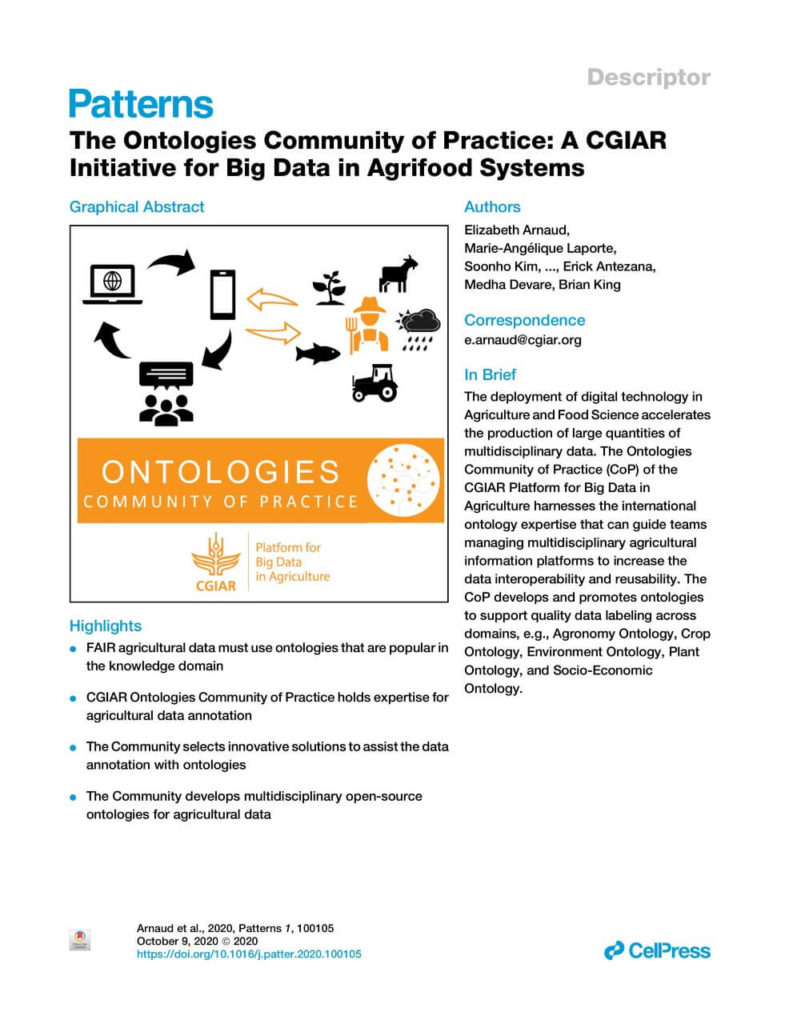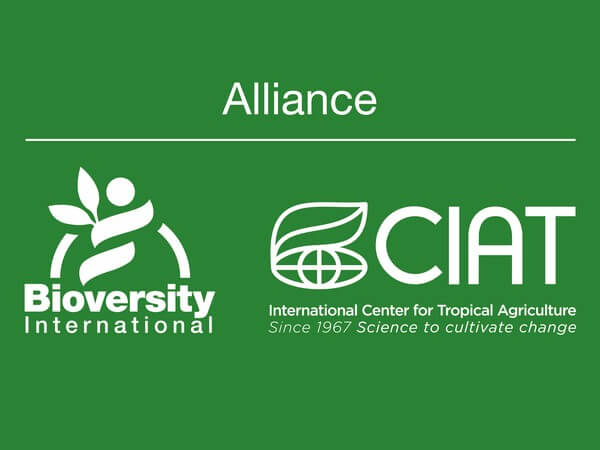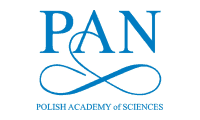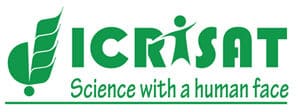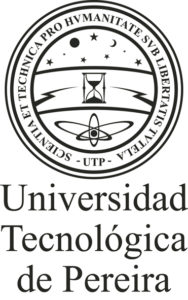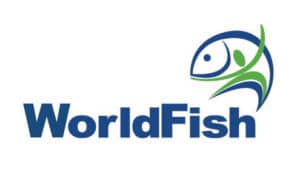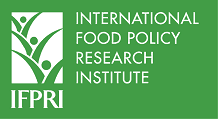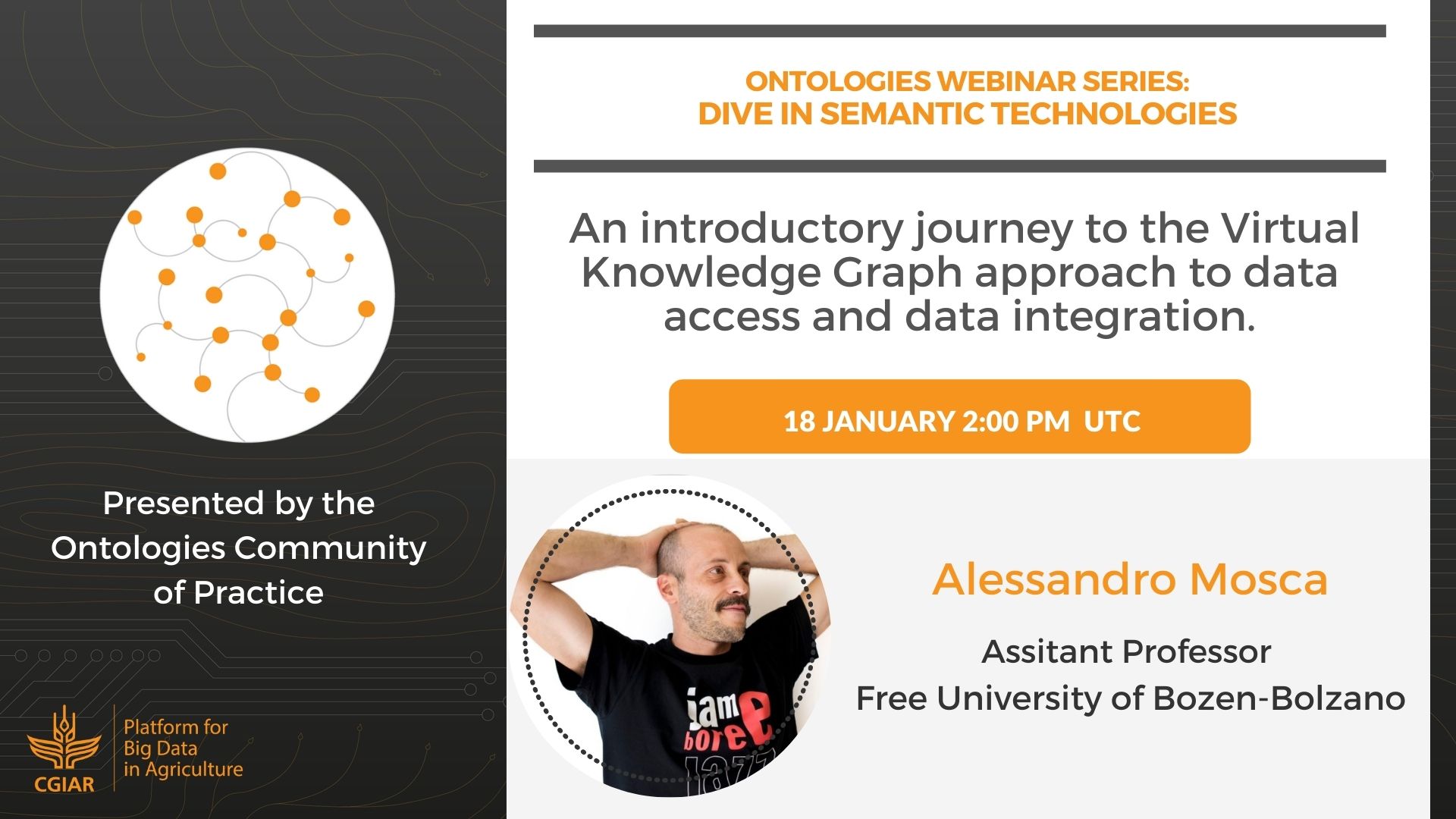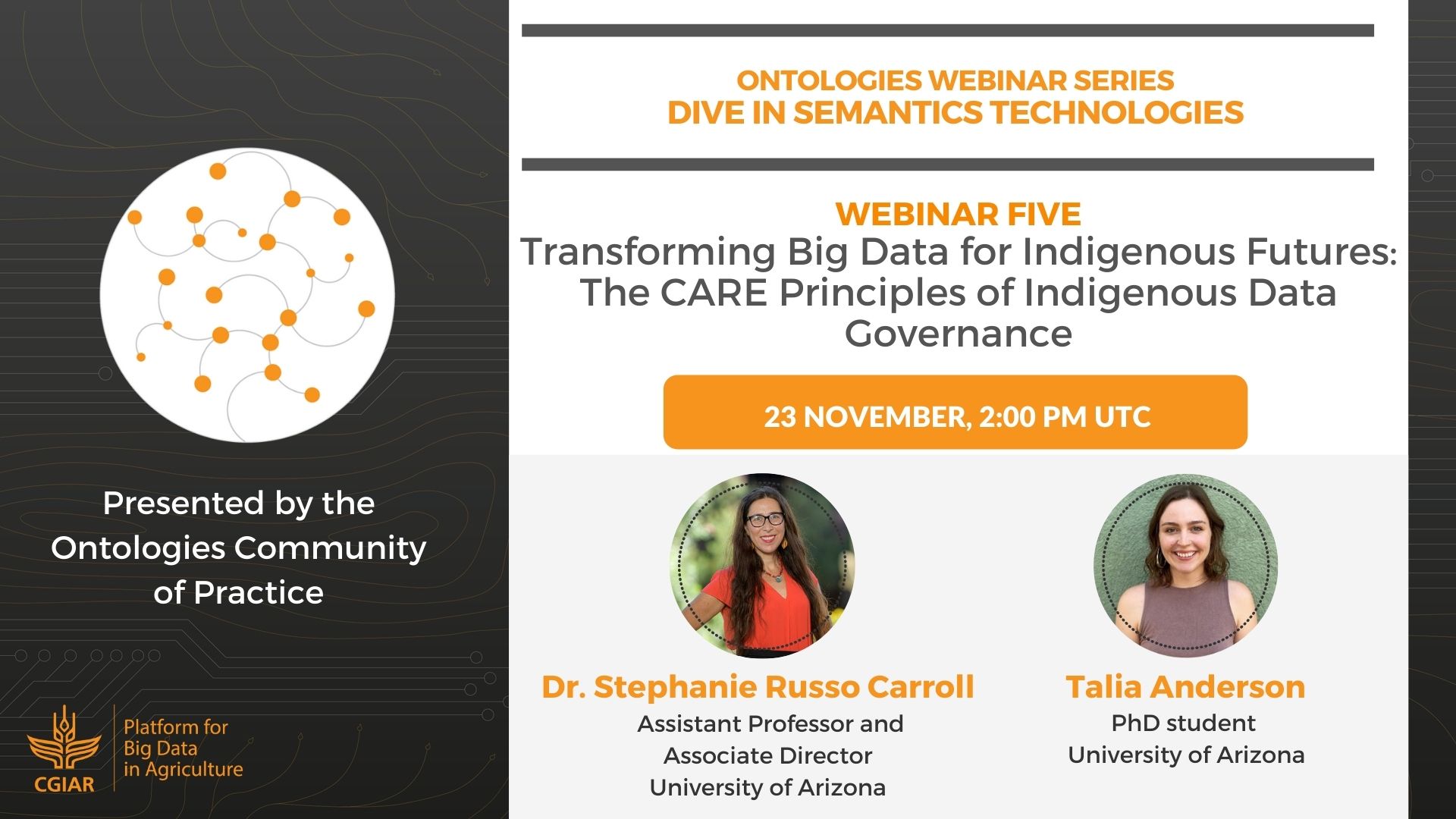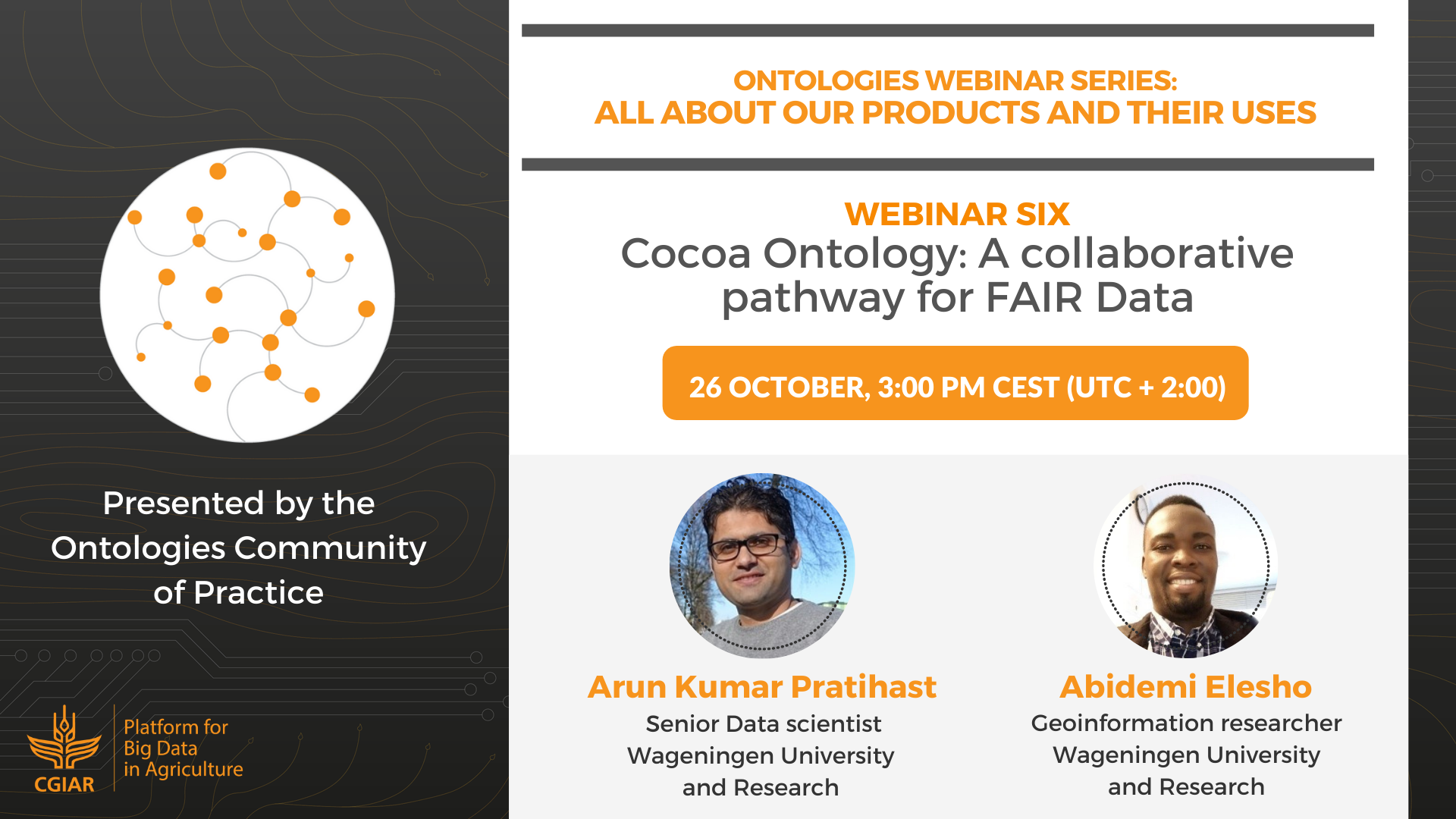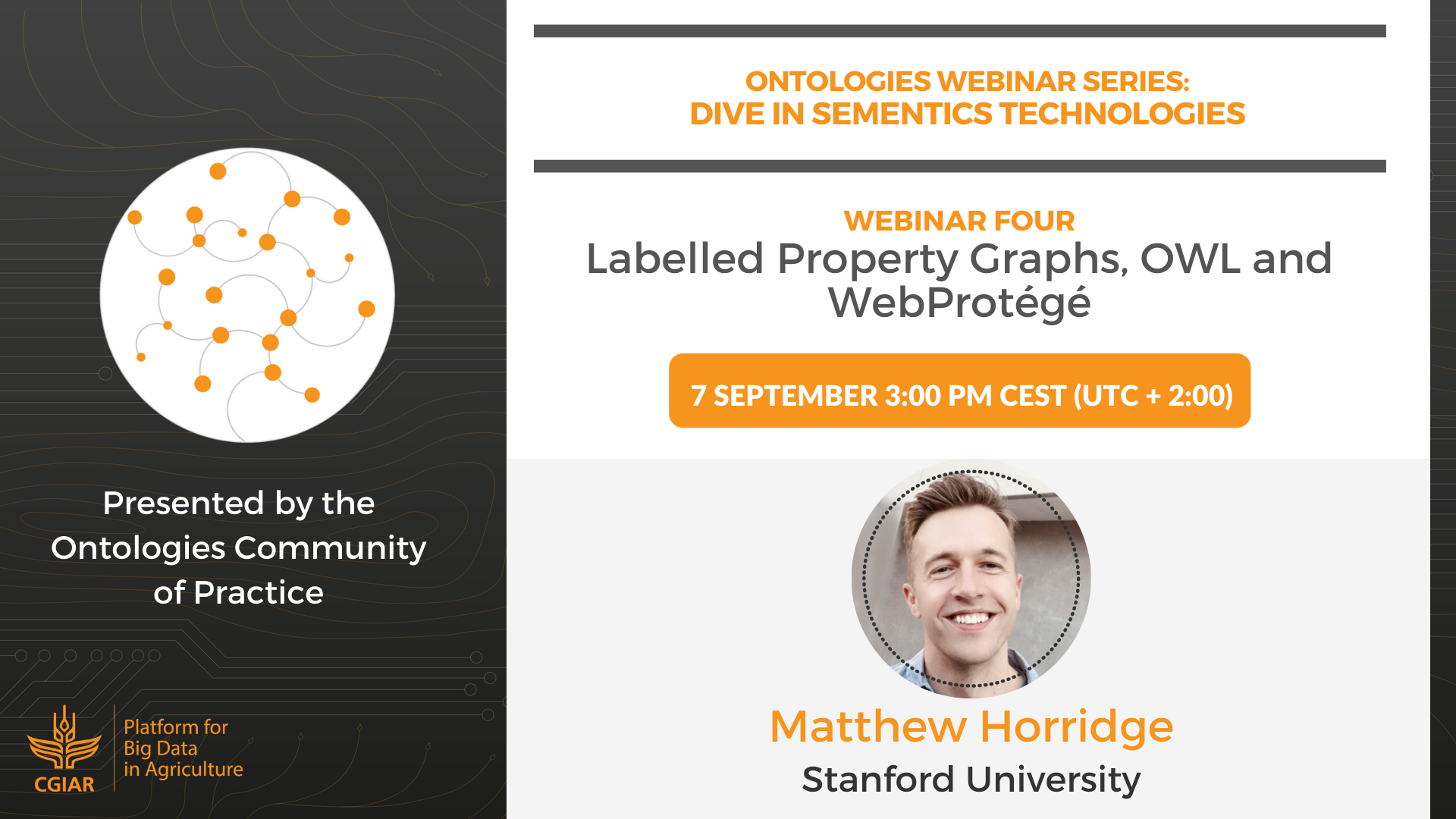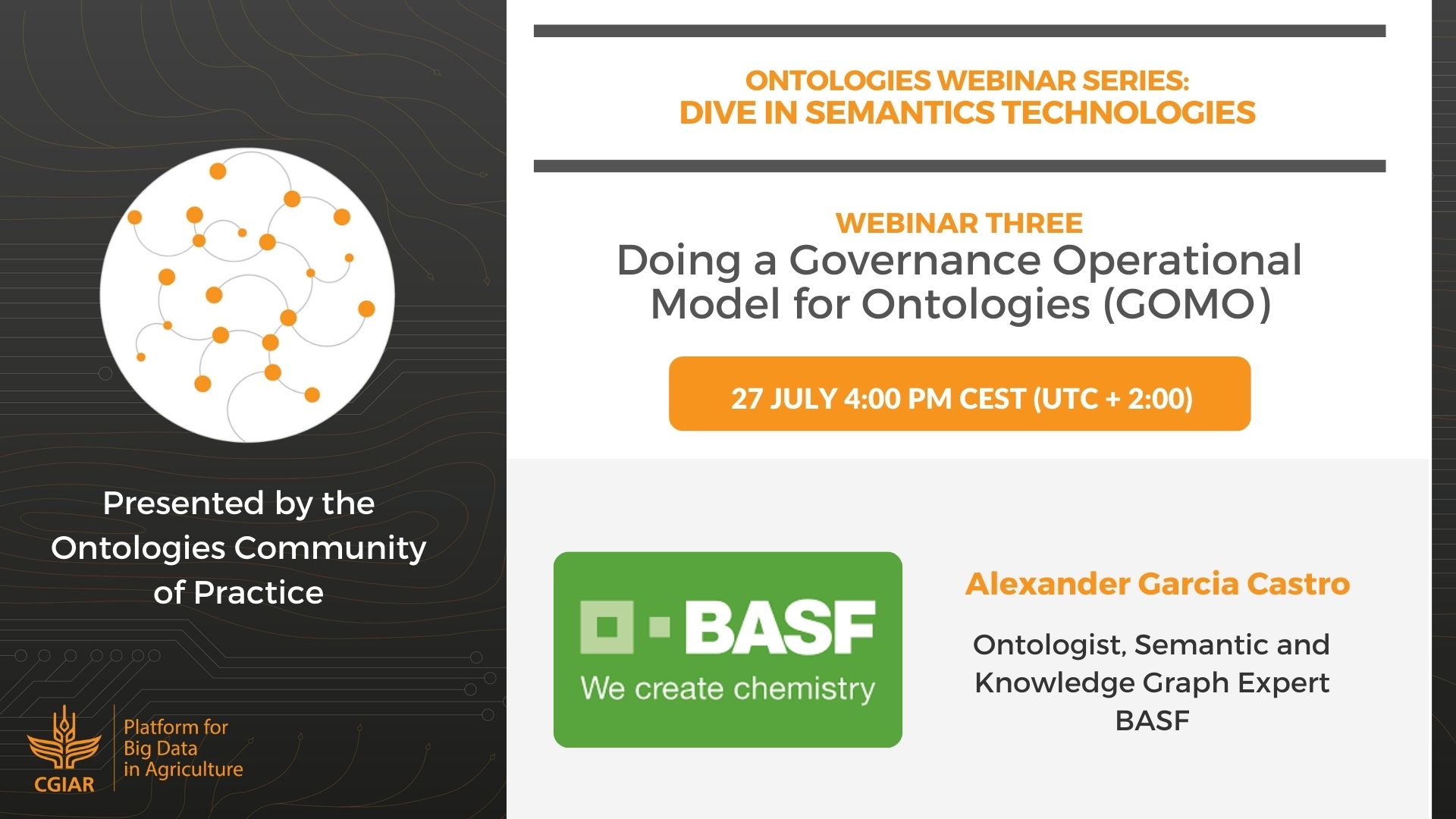Ontologies
Community of PracticeWelcome!
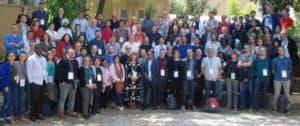
Community members gathered at the 2018 PhenoHarmonIS workshop, the biennial event hosted by the Ontologies Community of Practice.
The Ontologies Community of Practice brings together researchers, modelers, information specialists, data managers, and ontology experts from the CGIAR research network, academia, and the private sector, thus creating a critical mass of expertise to tackle the major issues related to semantics for FAIR data in agri-food science.
The CoP provides the ideal forum for co-learning and knowledge exchange on ontologies and for guiding consistent data annotation, as well as the deployment of quality ontologies in databases and repositories. The CoP stimulates exchanges between domain experts and experts in ontology design, knowledge modeling, ontology-driven applications, and semantic web technologies
The CoP is led by the Alliance of Bioversity International and CIAT and was launched by the CGIAR Platform for Big Data in Agriculture.
This webpage presents the different working groups of the CoP, lists the tools developed by CoP members, and displays the latest news. For further details on the CoP’s goals and achievements, read the paper published in Patterns.
More
Ontologies are important to all data-driven research, and this CoP serves as an intermediary to assess common goals, needs, and opportunities across the CoPs and working groups of the Platform.
The Ontologies CoP harnesses in-house and external expertise in the development of ontologies and supports the other BIG DATA CoPs toward finding adequate ontologies for data description. The Ontologies CoP has the objective of establishing best practices and guidelines in the selection of ontologies of reference and developing and curating ontologies in the agri-food domain.
The Ontologies CoP works to include data generated by the latest technologies and to expand beyond crops to data on fisheries and aquaculture, livestock, socio-economics, water management, and agroecology. The Ontologies CoP’s thematic working groups currently develop ontologies such as the Crop Ontology (CO), the Agronomy Ontology (AgrO), and the Socio-Economic Ontology (SEOnt).
Get in touch
Read the Ontologies CoP paper
Engage with the Community
BE INFORMED
Tune in to the latest CoP updates by subscribing to our newsletter.
ENGAGE
Interact with community members through our LinkedIn Group.
Working groups
Plant Phenotypes Ontologies
The Plant Phenotypes Ontologies WG develops and maintains the community-built Crop Ontology (CO) compiling traits and variables per crop species. CO fosters the standardization of data including data recorded on phenotyping platforms, collected during food processing, generated from consumers’ surveys and used to describe ecological interventions.
This work enriches the species-agnostic reference ontologies of the Planteome project:
The Alliance of Bioversity International and CIAT leads the working group in collaboration with CGIAR centers, Boyce Thompson Institute, members of ELIXIR-EXCELERATE, Phenome Projects, and the Jaiswal Lab of the Oregon State University.
See Ontologies Development Leaders
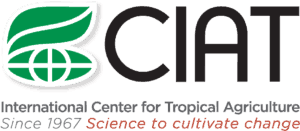
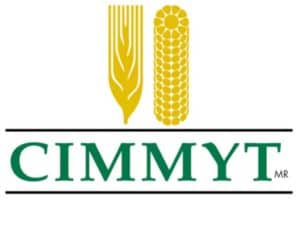


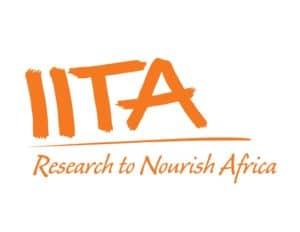
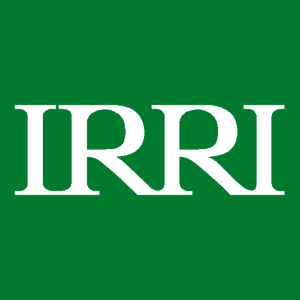
See Ontologies Development Partners
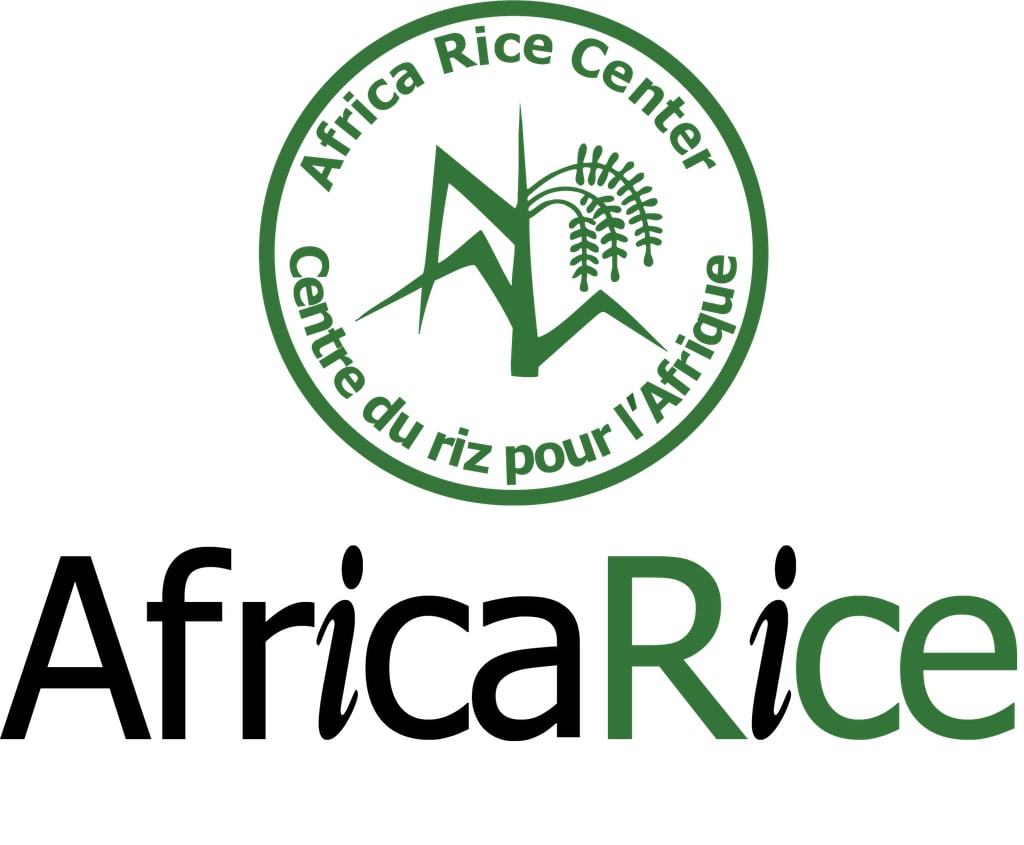
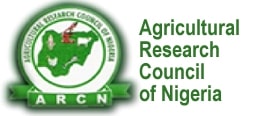

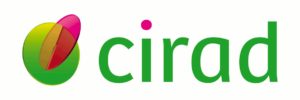


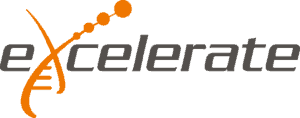


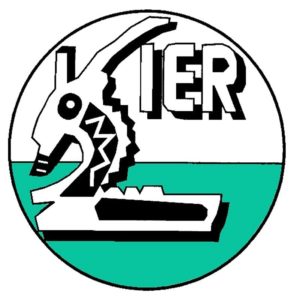

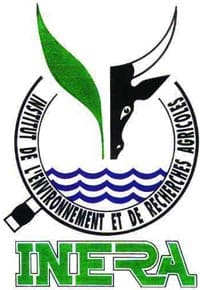
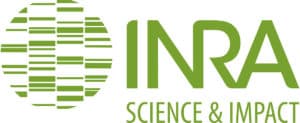
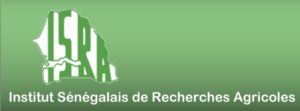
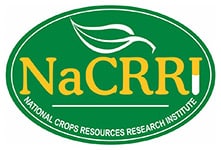
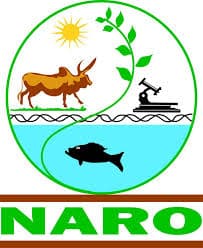

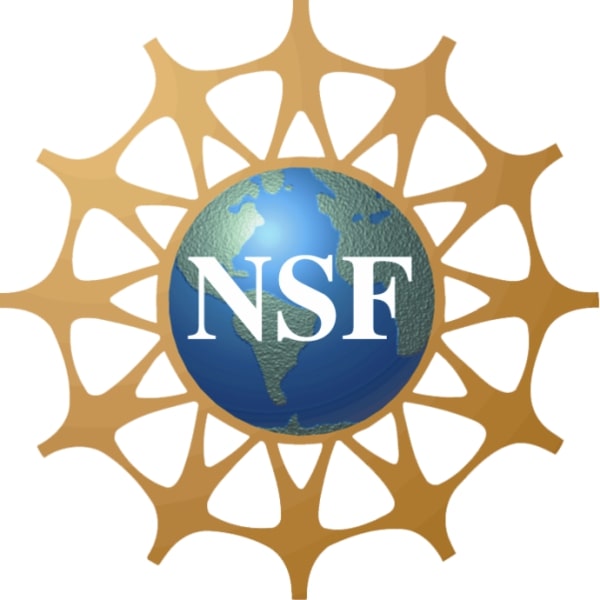
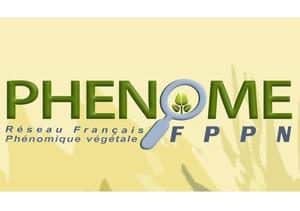




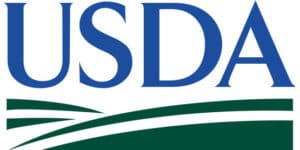
See CGIAR Crop Ontology Curators

Breeding Bioinformatician, Boyce Thompson Institute
Banana ontology
Jing Yu
Genome Database Curator, Washington State University
Cotton ontology

Data Management Specialist, International Potato Center
Sweet potato and potato ontologies

Principal Scientist and Theme Leader, International Crops Research Institute for the Semi-Arid Tropics
Chickpea, finger millet, groundnut, pearl millet, pigeonpea, and sorghum crop ontologies

Statistician, International Crops Research Institute for the Semi-Arid Tropics
Chickpea, finger millet, groundnut, pearl millet, pigeonpea, and sorghum crop ontologies

Programmer-cum-Systems Analyst, International Crops Research Institute for the Semi-Arid Tropics
Chickpea, finger millet, groundnut, pearl millet, pigeonpea, and sorghum crop ontologies

Data Manager, IITA
Cassava and yam ontologies

Bioversity International
Banana ontology
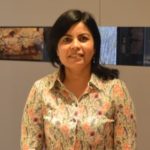
Data Coordinator, CIMMYT
Wheat and maize ontologies

Associate Scientist, Bioversity International
Global Curator
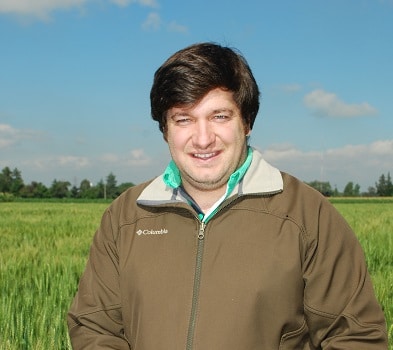
Regional Deployment Manager, Latin America, Integrated Breeding Platform
Global Curator
Fish Ontology
The Fish Ontology Working Group aims to enable easy aggregation and analysis of data. This will be done by describing the fisheries terminologies that enhance data quality, thus ensuring that fisheries-related datasets can be integrated and used in more efficient ways.
The Fish Ontology Working Group was formed in April 2019 and is currently led by WorldFish with the support of Bioversity International.
Agronomy Ontology
AgrO, the Agronomy Ontology, provides semantically described agronomic terms to facilitate the standards-annotated collection, storage and use of agronomic data, enabling easy aggregation and analysis. AgrO is being built using traits identified by agronomists, the ICASA variables, and other existing ontologies such as ENVO, UO, and PATO. A key use case for AgrO is the Agronomy Field Information Management System (AgroFIMS) that enables digital collection of agronomic data that is semantically described a priori with agronomic terms from AgrO. This effort involves multiple centers and is lead by IFPRI and the Alliance of Bioversity International and CIAT.
Socio-Economic Ontology (SEONT)
A socio-economic ontology of controlled vocabularies, classifications, and concordances that allow standardization of key indicators. The key is that SEONT is a ‘living’ ontology, since the high variety of socio-economic data implies that it will need to evolve continuously.
The ontology has been developed by CGIAR researchers from the International Food Policy Research Institute (IFPRI), Bioversity International, and the International Maize and Wheat Improvement Centre (CIMMYT). The working group on the socio-economic ontology works in close collaboration with the SED CoP led by Gideon Kruseman. The working group is led by Soonho Kim of IFPRI.
Interested in contributing to the development of these ontologies?
Community News
Resources
Tools & Publications
Ontology registries
- Agroportal offers a reference ontology repository for agronomy.
- Ontobee is aimed to facilitate ontology data sharing, visualization, query, integration, and analysis.
- Ontology Look up Service of the European Bioinformatics Institute (EBI-EMBL)
Ontologies developed/curated by the CoP
- Agronomy Ontology provides standardized terms to describe agronomic practices, techniques, and variables used in agronomic experiments.
- Crop Ontology Curation Tool enables you to browse the Crop Ontology, search for specific terms and access the definition, as well as additional information.
- Planteome provides a suite of reference and species-specific ontologies for plants and annotations to genes and phenotypes.
View tools
- Fairsharing is a curated, informative and educational resource on data and metadata standards, inter-related to databases and data policies.
- Obo-Foundry has the objective to develop a family of interoperable ontologies that are both logically well-formed and scientifically accurate.
- Wheat Data Interoperability Guidelines provides a common framework for describing, representing, linking and publishing wheat data with respect to open standards.
Documents
- 2017 Work Plan – Detailed description of expected outcomes and deliverables for 2017
- 2018 Work Plan – Detailed description of expected outcomes and deliverables for 2018
- 2019 Work Plan – Detailed description of expected outcomes and deliverables for 2019
- 2020 Work Plan – Detailed description of expected outcomes and deliverables for 2020
- 2021 Work Plan – Detailed description of expected outcomes and deliverables for 2021
- Crop Ontology leaflet
- Dimensions to consider when identifying an ontology for data
Workshops
Webinars
Find all recordings of previous webinars and sessions.
Training Sessions
Find recordings and materials of all hands-on training sessions.
Interested in joining our community of practice?
Sign up to our mailing list for community news and updates.

